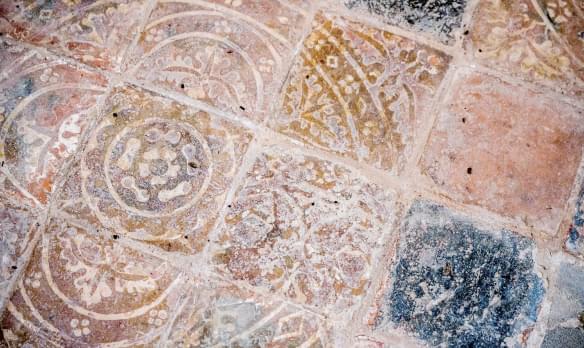
St Francis of Assisi
Bardney, Lincolnshire | LN3 5UD
A modest temporary structure adapted from an agricultural use. It has an intimate charm.
Search for a fascinating place to visit, or see the variety of churches, chapels and meeting houses we have supported.

Bardney, Lincolnshire | LN3 5UD
A modest temporary structure adapted from an agricultural use. It has an intimate charm.
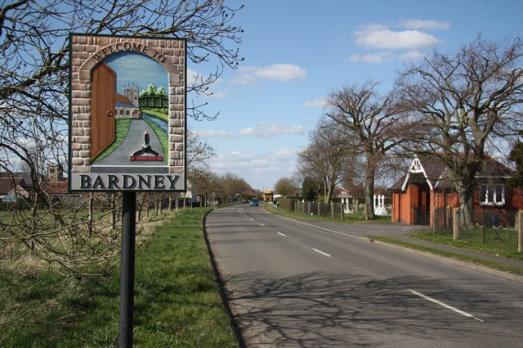
Bardney, Lincolnshire | LN3 5TZ
A Methodist Society was formed in Bardney as early as 1788, 44 years after John Wesley's first conference.
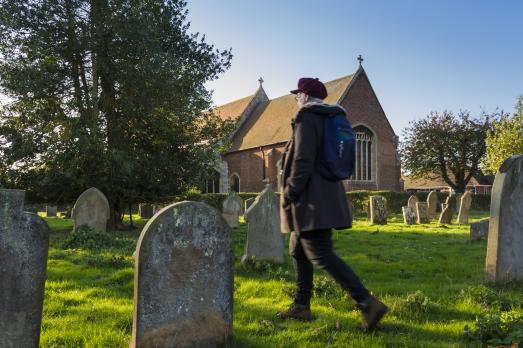
Bardney, Lincolnshire | LN3 5TZ
The church has close associations with Bardney Abbey, a Benedictine monastery founded in 697 by King Ethelred of Mercia.
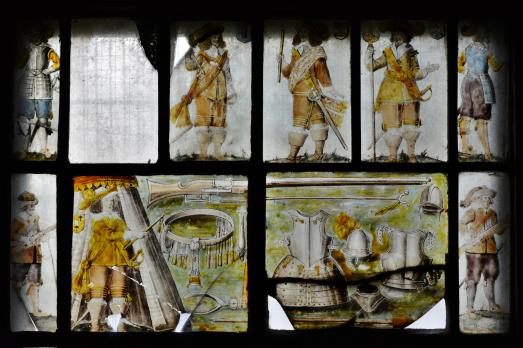
Farndon, Cheshire | CH3 6QD
Dedicated to St Chad, who died in AD 672, and listed in the Domesday Book, the outline of the present building dates from the 14th century.
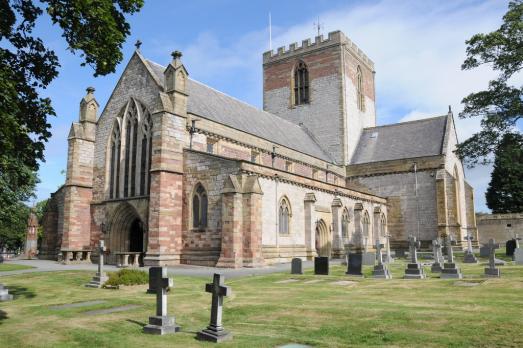
St Asaph, Denbighshire | LL17 0RD
St Kentigern built his church here in 560, later leaving it to St Asaph.
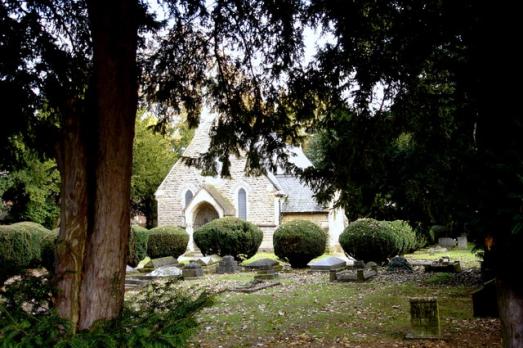
Bestwood, Nottinghamshire | NG5 9QP
The church is Victorian and was built by the 10th Duke of St Albans for use by his family, estate workers and the villagers.
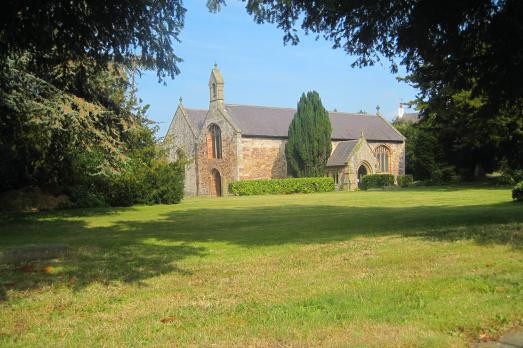
St Asaph, Denbighshire | LL17 0RG
An ancient and beautiful church in the heart of our city, recently renovated internally, and a wonderful venue for church services and community activities.
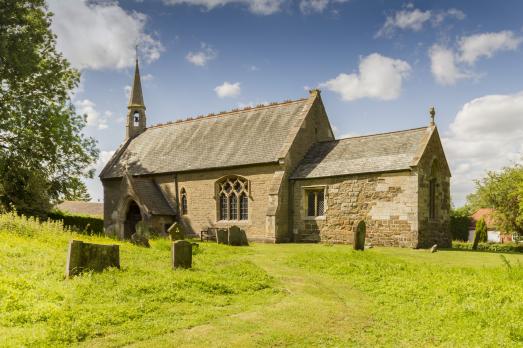
Minting, Lincolnshire | LN9 5RS
In the 1930s Arthur Mee realised that there were very few communities that had not suffered military fatalities in the First World War. He coined the term ‘Thankful villages’ to describe them and Minting is one such village.
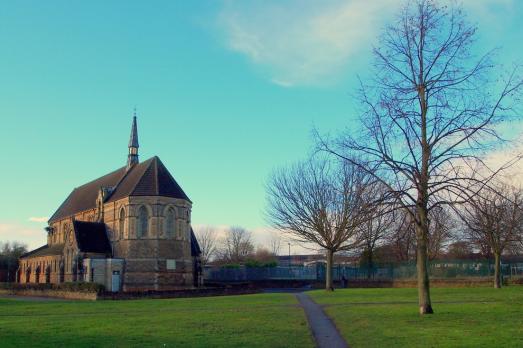
Bulwell, Nottinghamshire | NG6 8JG
The foundation stone of this high Victorian church was laid in October 1882, it was designed by William Knight, the architect of St Andrew’s Church, Mansfield Road, Nottingham.

Rossett, Clwyd | LL12 0GD
The first church on this site was completed in 1841 but suffered significant fire damage, in May 1891 it was reported that that the Vicar had ‘conducted a wedding in the ruins’.

Holt, Wrexham | LL13 9JE
St Chad's church in Holt is a marvellous historic church, built largely of red sandstone, on the banks of the River Dee, just barely inside Wales.

East Kilbride, Strathclyde | G74 1NN
St Bride's is widely regarded as one of the finest pieces of post war ecclesiastical architecture in Scotland.
We have supported this church